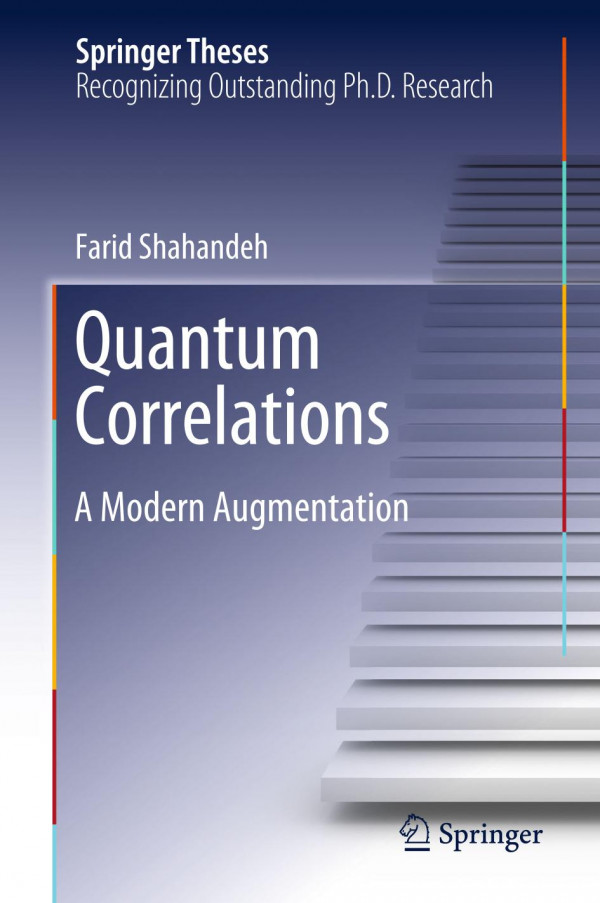

Most ebook files are in PDF format, so you can easily read them using various software such as Foxit Reader or directly on the Google Chrome browser.
Some ebook files are released by publishers in other formats such as .awz, .mobi, .epub, .fb2, etc. You may need to install specific software to read these formats on mobile/PC, such as Calibre.
Please read the tutorial at this link: https://ebookbell.com/faq
We offer FREE conversion to the popular formats you request; however, this may take some time. Therefore, right after payment, please email us, and we will try to provide the service as quickly as possible.
For some exceptional file formats or broken links (if any), please refrain from opening any disputes. Instead, email us first, and we will try to assist within a maximum of 6 hours.
EbookBell Team

4.1
70 reviewsThe correlations between physical systems provide significant information about their collective behaviour – information that is used as a resource in many applications, e.g. communication protocols. However, when it comes to the exploitation of such correlations in the quantum world, identification of the associated ‘resource’ is extremely challenging and a matter of debate in the quantum community.
This dissertation describes three key results on the identification, detection, and quantification of quantum correlations. It starts with an extensive and accessible introduction to the mathematical and physical grounds for the various definitions of quantum correlations. It subsequently focusses on introducing a novel unified picture of quantum correlations by taking a modern resource-theoretic position. The results show that this novel concept plays a crucial role in the performance of collaborative quantum computations that is not captured by the standard textbook approaches. Further, this new perspective provides a deeper understanding of the quantum-classical boundary and paves the way towards establishing a resource theory of quantum computations.